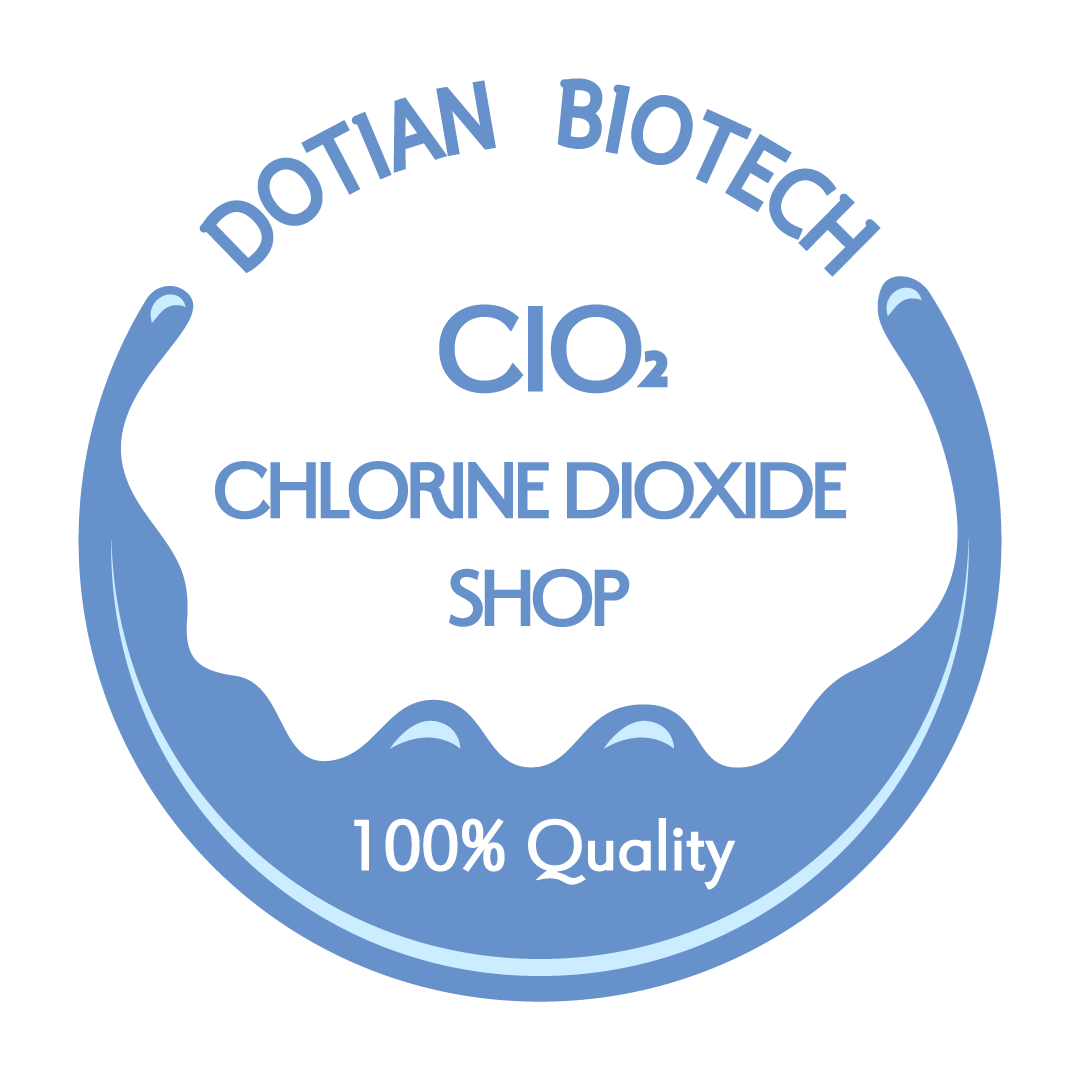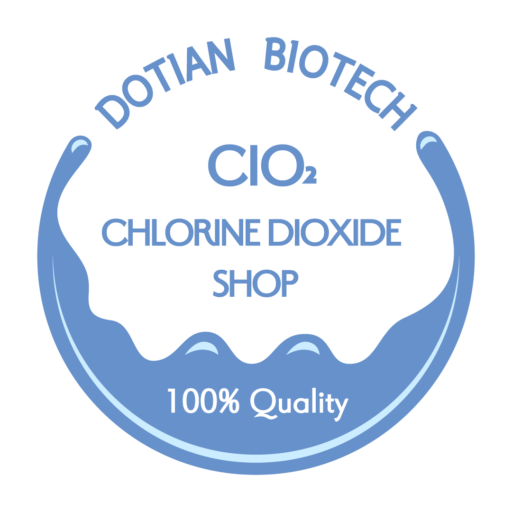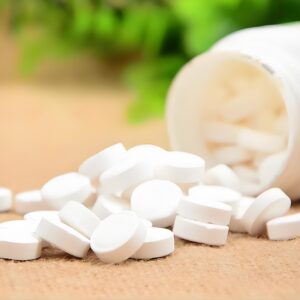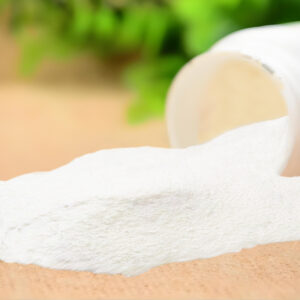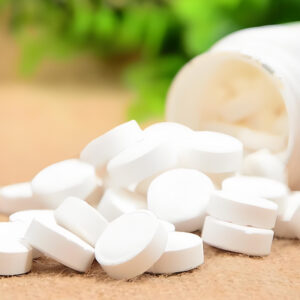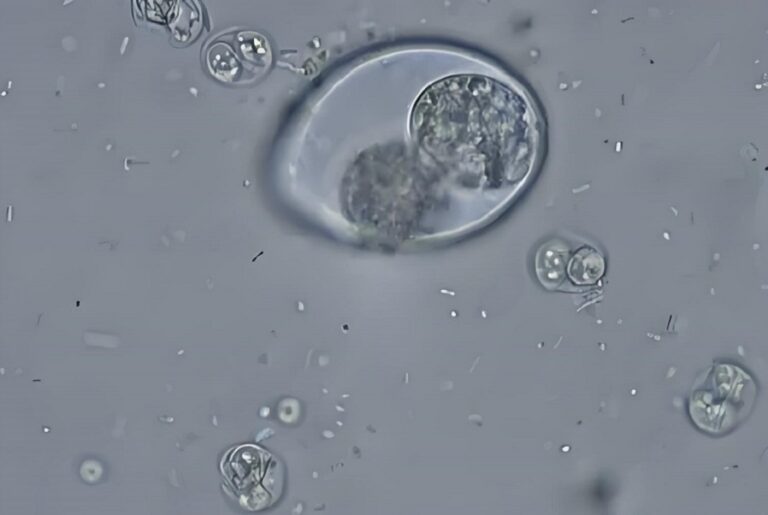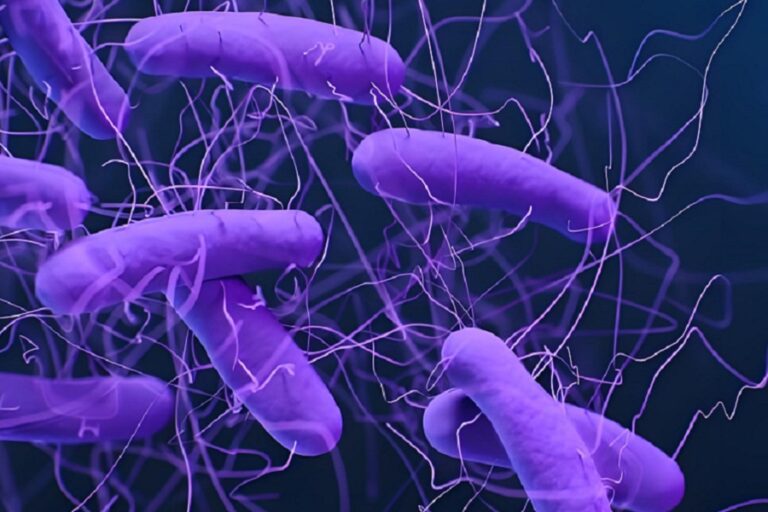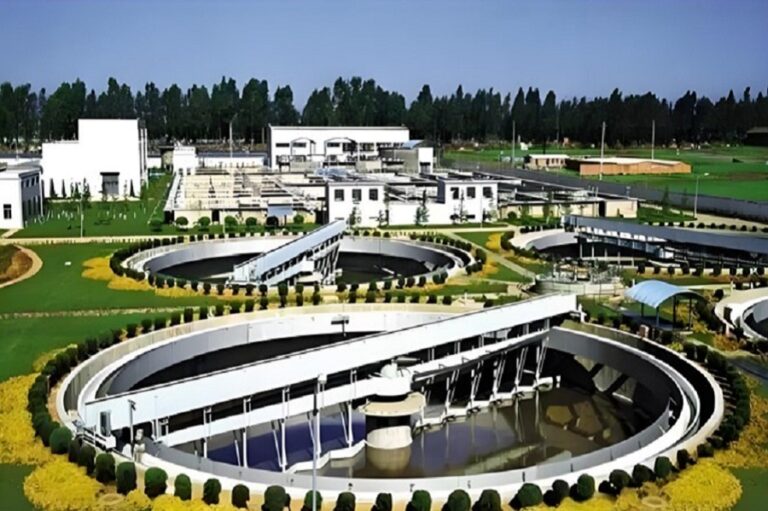Key words: Water Safety, Dental Unit Water Lines, Biofilm Control
In the realm of modern dentistry, maintaining the hygiene and safety of dental unit water lines (DUWLs) is a critical component of delivering quality care. The potential for microbial contamination, particularly through biofilm formation, poses a significant challenge to dental practices worldwide. As the industry increasingly recognizes the risks associated with contaminated water lines, Chlorine Dioxide (ClO2) has emerged as a leading solution for effectively disinfecting DUWLs and safeguarding both patients and dental staff.
The Hidden Dangers of Biofilms in Dental Unit Water Lines
Biofilms are complex communities of microorganisms that attach to surfaces within the dental unit water lines. These films not only persist despite routine cleaning efforts but also provide a haven for dangerous bacteria such as Legionella and Pseudomonas. These pathogens are notorious for their ability to thrive in biofilms and pose severe health risks, especially when aerosolized during dental procedures.
Many traditional disinfectants lose their efficacy in the presence of organic matter or fail to penetrate the biofilm’s protective layers. So traditional disinfection methods often fall short in addressing these challenges. This shortfall underscores the need for a more robust solution that can maintain its potency and ensure thorough microbial control.
Chlorine Dioxide: A Comprehensive Solution for Water Line Disinfection
Chlorine Dioxide stands out among disinfectants due to its exceptional antimicrobial properties and ability to effectively target biofilms. Unlike conventional chlorine-based disinfectants, ClO2 does not react with organic matter to produce harmful by-products. This maks it a safer and more effective option for dental practices.
- Penetration and Elimination of Biofilms: ClO2’s ability to disrupt biofilm structure at low concentrations is a key factor in its effectiveness. It penetrates the biofilm matrix, oxidizing and eliminating the embedded microorganisms, including those resistant to other disinfectants.
- Stability in Organic Matter: Many disinfectants are compromised in environments rich in organic material. Chlorine Dioxide, however, remains stable and active, ensuring consistent disinfection across the entire water system.
- Broad-Spectrum Antimicrobial Action: ClO2 is highly effective against a wide range of pathogens. This broad-spectrum efficacy is crucial in preventing the colonization and spread of harmful bacteria within dental water lines.
Addressing Broader Challenges with Chlorine Dioxide
While biofilm formation and microbial contamination are primary concerns, other challenges also demand attention in the context of DUWL maintenance. These include environmental impact, cost-effectiveness, and ease of implementation.
◇ Environmental and Economic Considerations
The environmental impact of disinfectants is increasingly scrutinized. Chlorine Dioxide, particularly in the form of DOTIAN® chlorine dioxide effervescent tablets and powder, is an environmentally friendly option. It breaks down into harmless by-products, minimizing environmental footprint while providing effective disinfection.
Moreover, the cost-effectiveness of using ClO2 cannot be overstated. Its efficiency at low concentrations and reduced need for frequent maintenance lead to significant cost savings over time. Dental practices benefit from lower operational costs while ensuring compliance with health standards.
◇ Technical Implementation and Staff Training
Integrating Chlorine Dioxide into a dental practice involves installing appropriate chlorine dioxide generators, such as the DOTIAN® systems, which are designed for seamless integration with existing dental unit setups. These generators ensure precise dosing and consistent delivery of ClO2, maintaining optimal water quality.
Equally important is staff training. Dental teams must be educated on the operation and maintenance of these systems, understanding both the technical aspects and the critical importance of regular monitoring. Proper training ensures that the system functions efficiently, preventing lapses that could lead to contamination.
The adoption of Chlorine Dioxide for dental water line disinfection represents a significant advancement in dental hygiene practices. By addressing the persistent issue of biofilms and offering a safe, environmentally friendly, and cost-effective solution, ClO2 helps dental practices not only meet but exceed health and safety standards.
As a leading provider of chlorine dioxide solutions, DOTIAN® offers state-of-the-art chlorine dioxide generators tailored to the unique needs of dental practices. For more information on how to implement these solutions and enhance the safety of your dental care, please contact us today.
-
1g Chlorine Dioxide Tablet for Poultry Disinfection
-
Chlorine Dioxide Disinfection Tablets
-
Chlorine Dioxide Effervescent Powder Medicine Grade
-
Chlorine Dioxide For Food Processing
-
Chlorine Dioxide Powder Agriculture
-
Chlorine Dioxide Powder Food Grade
-
Chlorine Dioxide Powder for Aquaculture
-
Chlorine Dioxide Powder for Cooling Tower
-
Chlorine Dioxide Powder For Water Treatment
